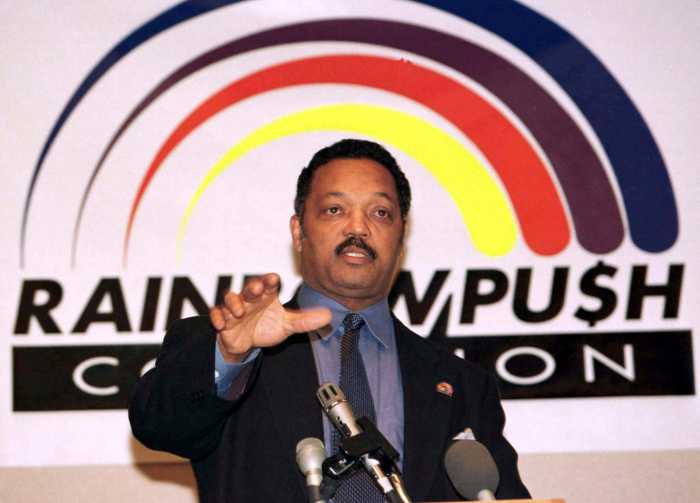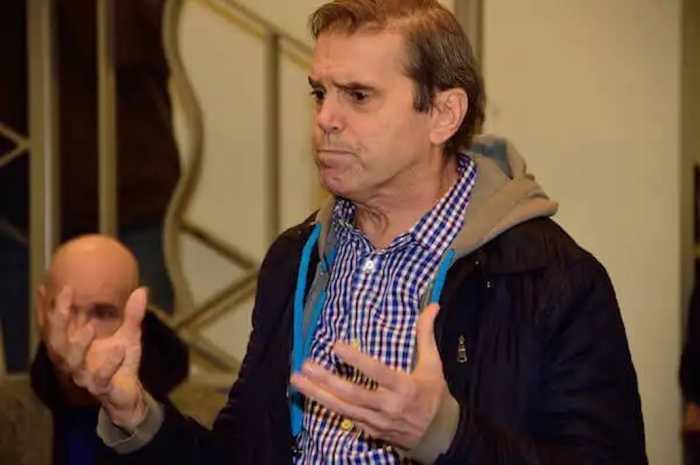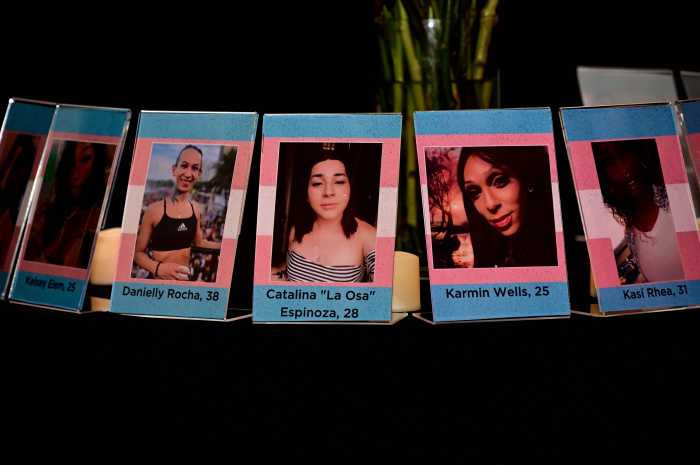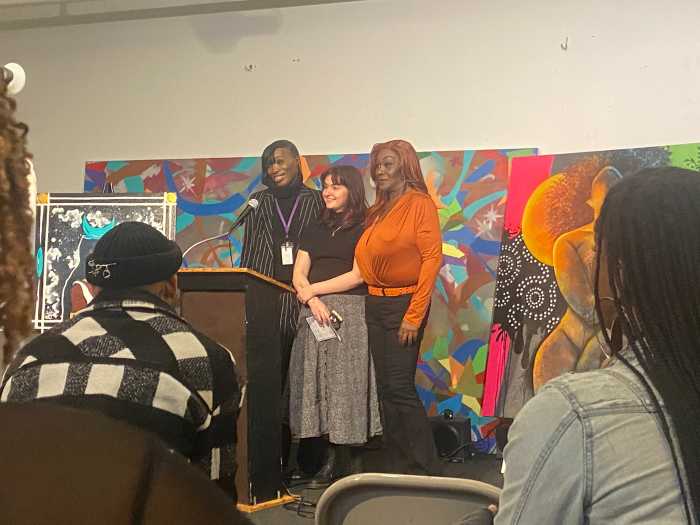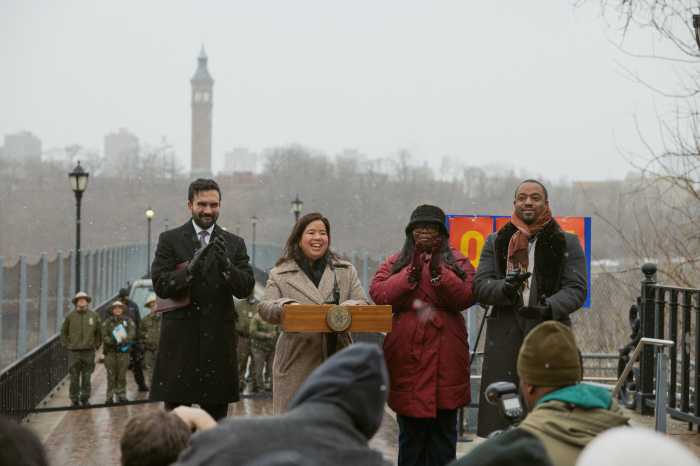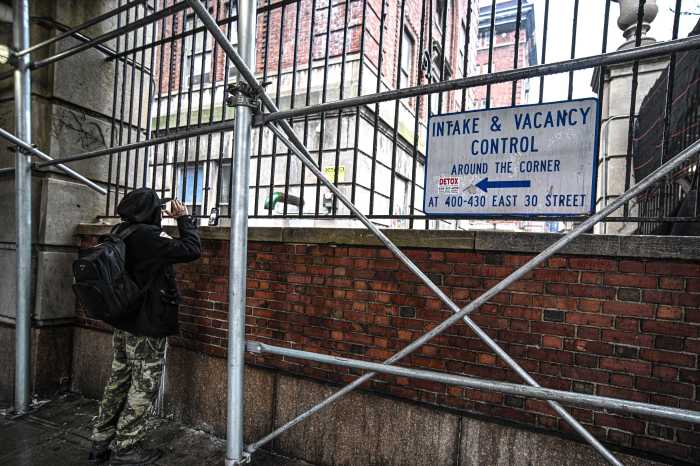No one could do a better Elizabeth Taylor imitation — he ruined her performances for me for forever. The pinched, squeaky voice, the trembling hands stiffly fluttering at his cheeks:
“They DEVOURED him!!” or “Mama, face it: I was the SLUT of all time — and I loved every minute of it!!”
Emmett Foster was probably best known for the two theater pieces he wrote for himself to perform. The two pieces were autobiographical, exploring his own life and times as a gay, recovering Mormon. The first, “Emmett: A One-Mormon Show,” was produced at The Public Theater in 1983, and in a series of pungently witty portraits of the family that comprised the jagged world of his upbringing — a mother who was married nine times while remaining deeply committed to her practice of Mormonism — he revealed the struggle to become his own whole person. His later struggle with addiction, rendered with his characteristic acerbic comedy, alongside his deep and loving relationship with his boss, the fabled theatrical producer Joseph Papp, were covered in the second, “So It’s Come to This,” first produced in 1996 at New York Theater Workshop.
In his work, although the subject was most often his own life experience, he strove to chronicle the lives and experiences of gay men of his generation. As much as the writing was about the irresolvable conflict of his Mormon upbringing and his sexual identity, it was also a virtual, uncensored catalogue of gay life in the ’70s, ’80s, and ’90s.
Emmett was born and raised in Santa Monica, California and attended Cal State Los Angeles. He came to New York City in 1973 to pursue his career as a writer/performer, and soon after landed a job as Joseph Papp’s personal assistant at what was then known as the New York Shakespeare Festival. While working for Joe, Emmett continued to write and perform. After his time at the Public Theater ended, he founded two small businesses. One of them with his business partner James Boutin, renovating interiors of houses and apartments, and the other was an entity that featured his prowess in doing Venetian plastering.
As foundational as his sexuality was to both his artistic and life perspective, over time his experience in the 12-step community was perhaps even more defining. He found community there, which was deeply important to him. He made many deep and abiding relationships there.
He also leaves behind a sister, Melva Kelly, and her four sons.


